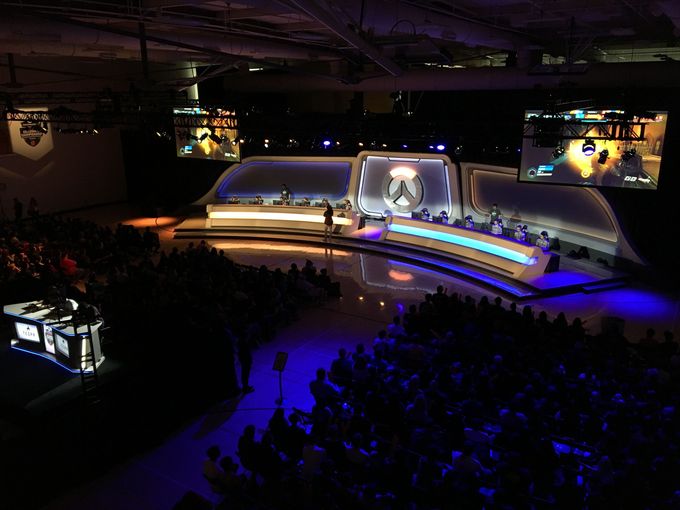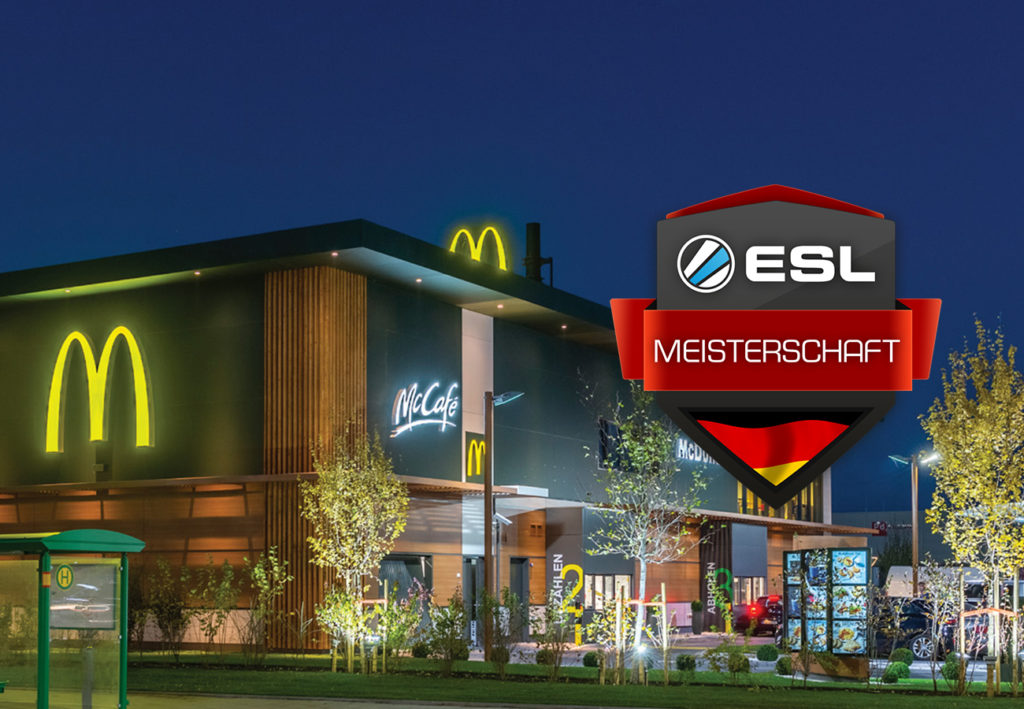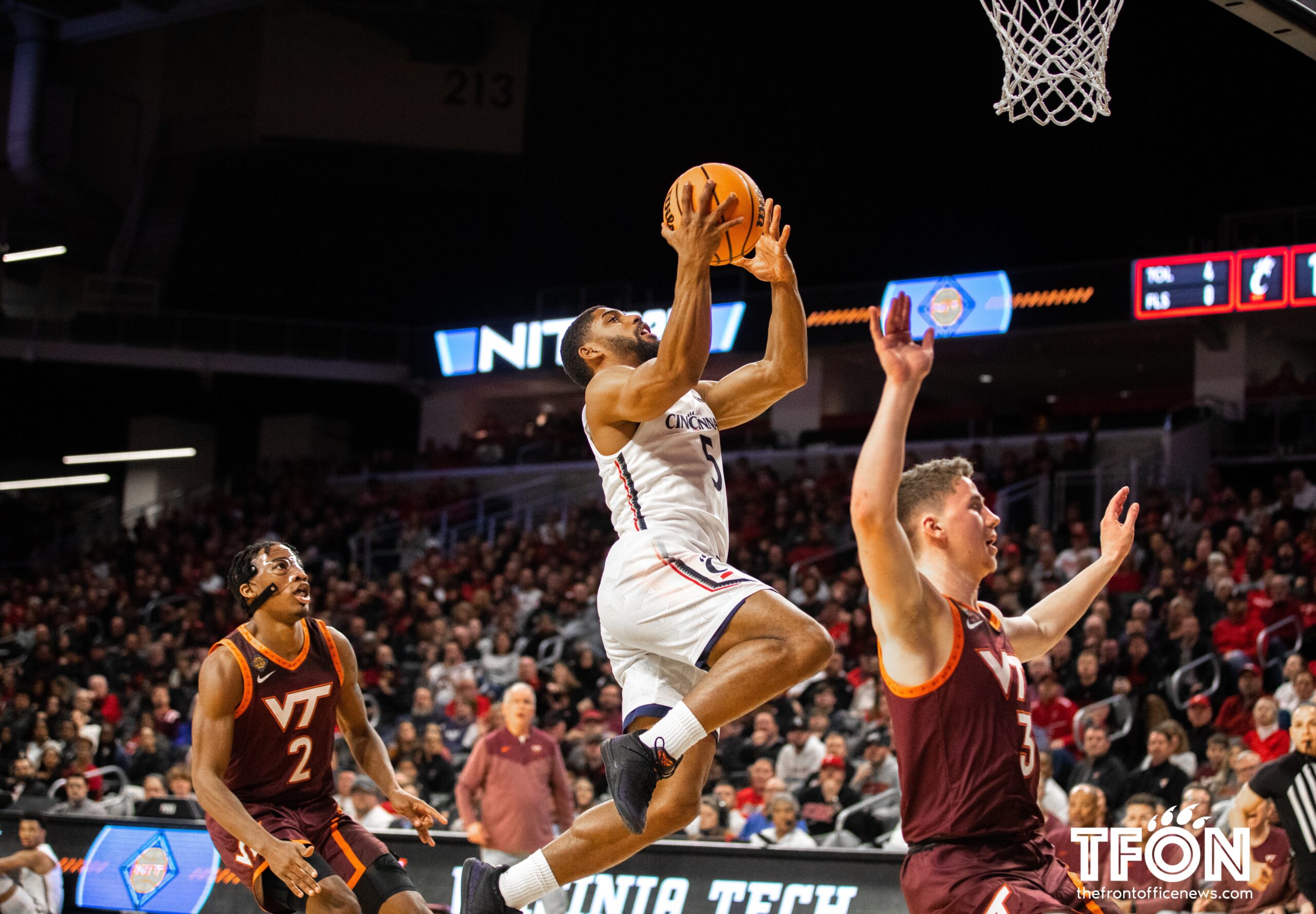Within the confines of a top-brand university lies a student-athlete soundly sleeping in his room. The alarm clock set beside him goes off when the time hits six o’clock in the morning. It’s time to start a new day. First, he does his early morning routine in order to maintain his condition for his respective sport. It’s hectic and daunting. Furthermore, it takes a tremendous toll on his still-sleepy body. Nevertheless, he powers on through. This person understands the significance of this part of the day.
After completing his workout, the athlete eats his breakfast and proceeds to his morning classes. Sure, it may talk about certain subjects he doesn’t really care about such as math or science, but hey, school is school. There’s no going around it, so he has to do it.
By the time his classes are done, he then goes to his team’s practice to prepare for the coming game. They go through the usual motions such as creating strategies, deciding the starting lineup for the team, deciphering their opponents’ alleged plans for them and other things of that nature. The length of practice is not concrete since it depends on the type of adversaries they’re facing, so it varies. It may be either a short session that lasts for one measly hour or a marathon which goes on for more than three. All in all, it’s done with care and respect for the game in which they play.
Once he finished practice and ate dinner, the student-athlete completes his day by studying the educational material he attained today to prepare for upcoming assignments, tests, and/or projects. Due to his collegiate athletic occupation, it would be unreasonable for him to stay up late at night and waste valuable sleeping time. As a result, he goes to bed and gets some early shut-eye, with his sleep starting at maybe 8-10 P.M. Thus, on the next morning, he repeats the cycle anew.
***
This is the life of a student-athlete, same it has been for the duration of college sports. But nowadays, this life can also be applied for student-athletes who specialize in esports. For those of you who are unfamiliar with the concept of esports and want to have a faint understanding of what it is, then think of it as competitive video gaming.
That’s right, video games played as an actual sport. The games normally played at either your house or friendly gatherings are now used at high-stake competitions where real money, trophies, and prestige is put on the line with the winner receiving every ounce of those riches.

With the growth of esports sweeping the country through arena sell-outs, large viewership, and a fiercely devoted following, colleges & universities are taking the opportunity of getting their own share of the prospective revenue by creating esports programs and integrating them in their already-vast list of collegiate athletic programs. Since the time where Robert Morris University-Illinois and the University of California-Irvine both created the first esports varsity program and arena, more of its kind are popping up in spades all over the North American region. From the largest of all universities such as The Ohio State University making their own iteration to relatively small ones doing the exact same thing, esports is further enveloping the sporting landscape, be it collegiate or professional.
It’s a farcry to just half a decade ago when there wasn’t any sense of a forthcoming wave of esports that would take the world by storm. As a matter of fact, in the time when esports hadn’t swooped over to prominence yet and stayed in the back burner of the internet, it was primarily seen as child’s play. No respect was given whatsoever to neither the main concept nor the participants that competed in its respective tournaments. It was the butt of jokes to some; and because of that, it was shooed away as a bizarre and off-putting phenomenon. Additionally, in the eyes of mainstream celebrities, esports was a thing to laugh at and make fun of.
Now, it’s not a game anymore. Major global corporations such as Coca-Cola, McDonald’s and many others are paying top-dollar to have their name be plastered alongside esports competitions. To put it into perspective, this year, KFC partnered with ESForce Holding, a Russian esports organization, to create a new project called KFC BATTLE, a set of gaming events where the winners of their respective game receive a trip over Europe and a spot in the 2018 Russian Esports Cup. In addition, the Grand Finals of the Overwatch League, a professional esports league played by teams genuinely representing large cities like the other major leagues in the US (NBA, MLB, NHL, NFL), managed to sell out the Barclays Center, a staple for big-time events in Brooklyn, New York. Along with providing sponsorships for large-scale professional tournaments, these corporations are also looking at collegiate esports fixtures to do the same, and it’s already taking shape.
This February, the Fiesta Bowl organization, whose titular game is one of the top college football bowl games of the season, teamed up with Blizzard Entertainment—the video game developer best known for making World of Warcraft and Overwatch, mind you—to host the Overwatch Collegiate National Championships, where it was set in Arizona State University.

Mike Nealy, executive director of the Fiesta Bowl who played a big role in organizing the tournament, couldn’t fathom the prospect of such an event taking place a few months prior to its realization. Previously, he wasn’t interested in esports and stayed with traditional sports like any other executive. That’s how it was until a chance encounter with John Pierce, an esports consultant, proved him otherwise. From this experience, he understood the gravity behind its potential and acted accordingly by creating a tournament that will certainly be looked at as a pioneer in the coming years for similar events.










